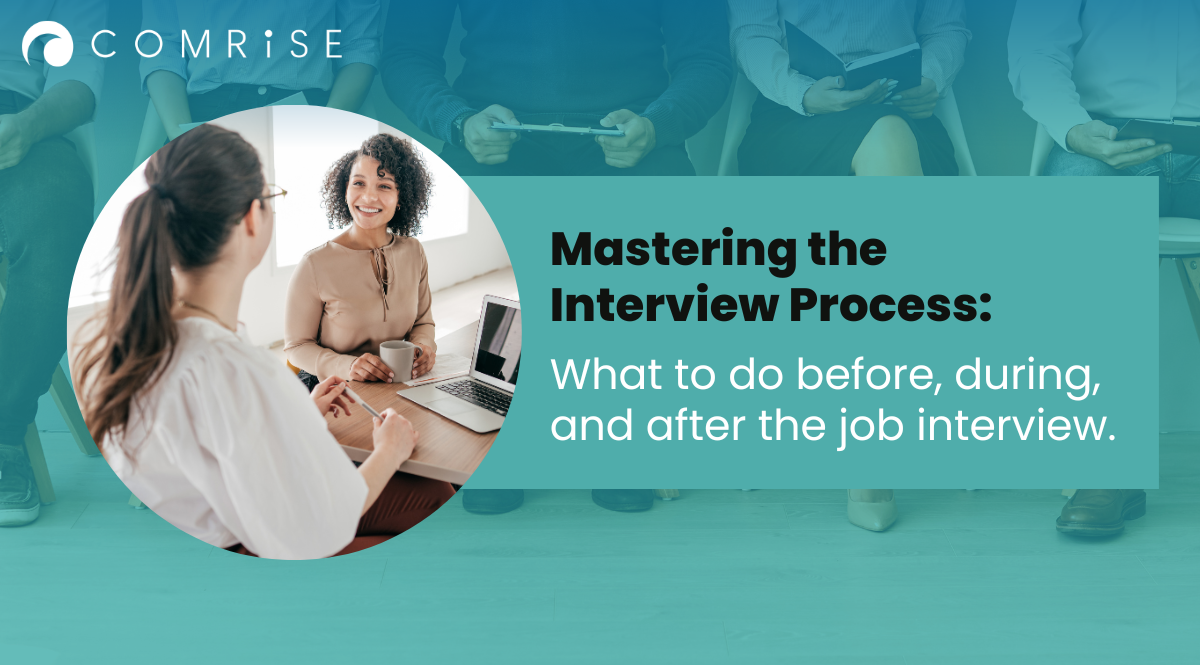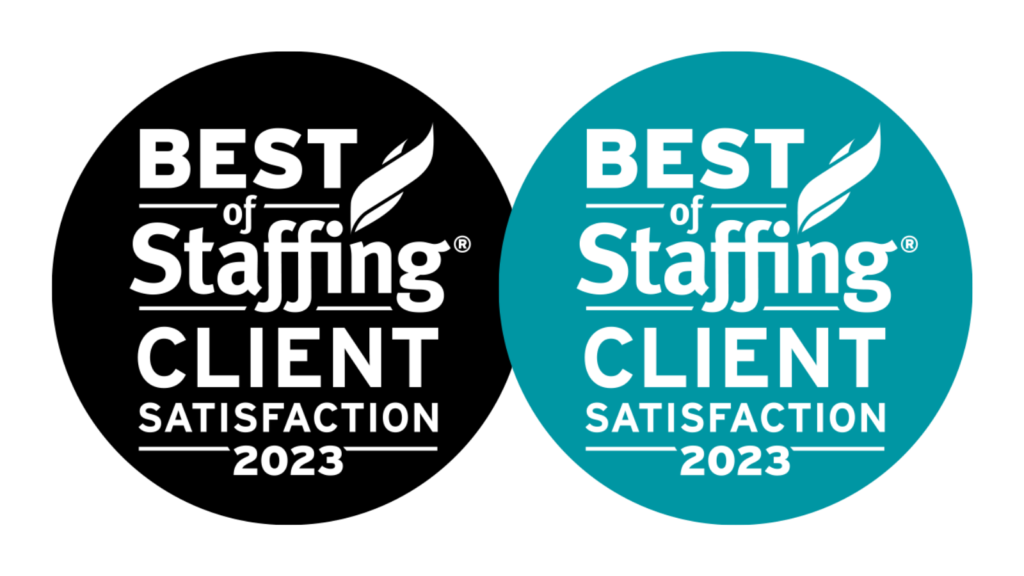Whether you’re a seasoned professional or a recent graduate embarking on your career journey, the job interview process can be quite stressful. It’s crucial to take key steps that will set you apart from the crowd and effectively navigate the competitive environment.
In this article, we will discuss the pivotal measures you should take before, during, and after a job interview. By following these recommendations, you will be equipped with the strategies needed to leave a great impression, effectively communicate your qualifications, and increase the chances of landing your dream job!
Before the job interview:
Exciting news! Just one week ago, you took a step forward in your career by submitting an application for a position that aligns perfectly with your aspirations. Better yet, you received an invitation from the hiring manager to attend the initial interview.
As you eagerly anticipate this opportunity, there are several methods to prepare yourself in the days leading up to the interview:
-
Research the company: If you’re serious about a position, the most crucial action you can take is to thoroughly research the company. This includes learning about their vision/mission, core values, and company background. It is also impressive if you take the time to learn about any exciting news within the company or a few industry trends.
- Prepare responses for common interview questions: Take the time to research some frequently asked questions and curveball questions. Once you’ve gathered these, ask a friend or family member to conduct a mock interview with you. This can help you fine-tune these responses and avoid being caught off guard.
- Develop a handful of questions to ask the interviewer: During most interviews, the interviewer will hand the floor to you at the end for any questions you may have. This gives you the opportunity to demonstrate your interest in the role and can help you learn more about the organization.
- If you know who is interviewing you, research them: Once you have a name of the person interviewing you, conduct research on them through Linkedin. Take a look at their professional background and what they share on their profiles. By doing so, you can look for common ground that will help you easily establish a connection with them during the interview.
During the job interview:
Interview day is here and you’re excited but also super nervous. You’ve actively taken the steps to prepare for the interview and it’s time to implement what you’ve learned. However, what can you do during the interview that will help you also effectively communicate all of your qualifications?
- Be authentic: Don’t be afraid to let your personality shine in the interview. Remember, not only are organizations looking for qualifications and skills, but oftentimes, they look for cultural fit. This will help the interviewer see how genuine you are about the job and who you are as a person.
- Practice active listening: You’ll be getting asked plenty of questions, so the key is to make sure that you thoroughly understand them. Pay attention to non-verbal cues, maintain eye contact (and if you’re virtual, ensure your eyes aren’t wandering around), and use verbal affirmations to demonstrate that you are actively paying attention.
- Connect your qualifications to company needs: During your conversation with the interviewer, make a conscious effort to evaluate the company’s needs and potential challenges. By doing so, you can effectively demonstrate how your skills and qualifications align with those requirements, and highlight how you can contribute positively to the organization’s success.
After the job interview:
After successfully completing your interview, a sigh of relief washes over you, but a hint of nervousness about the outcome remains. It’s important to remember that the actions you take after the interview are just as crucial as those before and during it. This is your opportunity to inject a personal touch into the process while also engaging in self-reflection.
- Send a thank you note: Within 24 hours of your interview wrapping up, be sure to send the interviewer a personal thank you email. In this note, you can express your gratitude for their time and consideration, briefly highlight a key takeaway from the interview, and reiterate your interest in the opportunity.
- Reflect & evaluate your interview: In any interview that you may have in your career it can be helpful to reflect on the interview and evaluate your performance. Reflect on the questions you were asked, how you responded to them, and look for areas of improvement.
- Ask for feedback: Regardless of whether or not you are offered the job, it is advisable to request feedback to gain further insights. As mentioned in the third point, this feedback will be valuable in your self-evaluation process as you aim to enhance yourself for upcoming interviews.
About Comrise
At Comrise, we offer customized solutions that are simplified for the full-time, part-time, direct-hire, contract, and permanent talent that your business needs. For over 39 years, we have delighted our clients and candidates by focusing on customer satisfaction, innovation, and flexible workforce solutions!
If you’re looking for new job opportunities click here, or if you’re looking for a reliable partner to help you secure top-notch candidates for hard-to-fill roles, click here.


